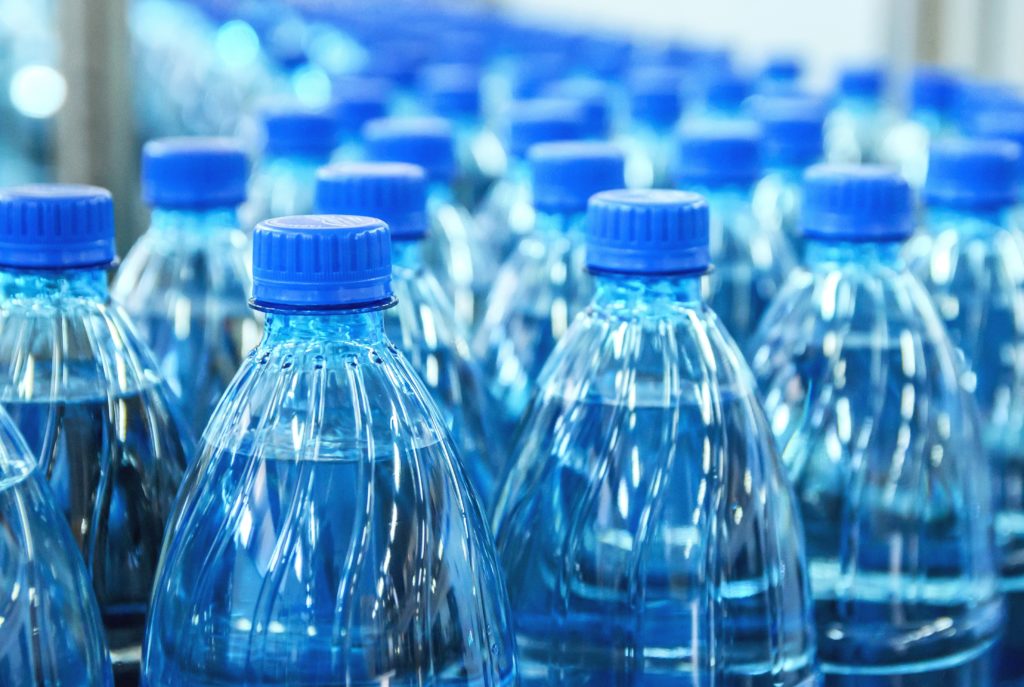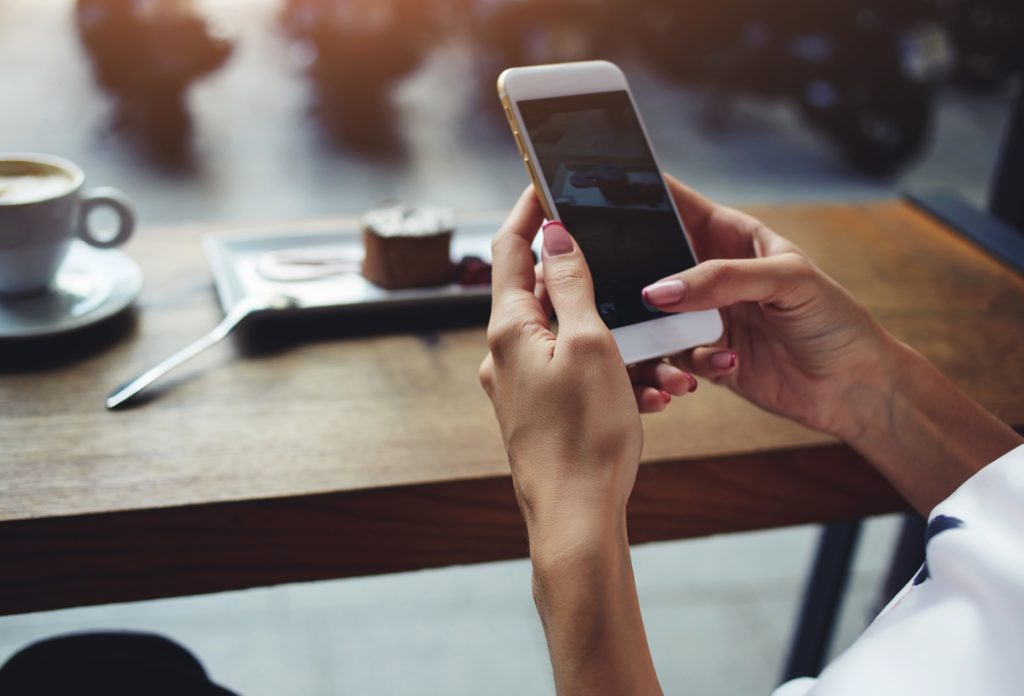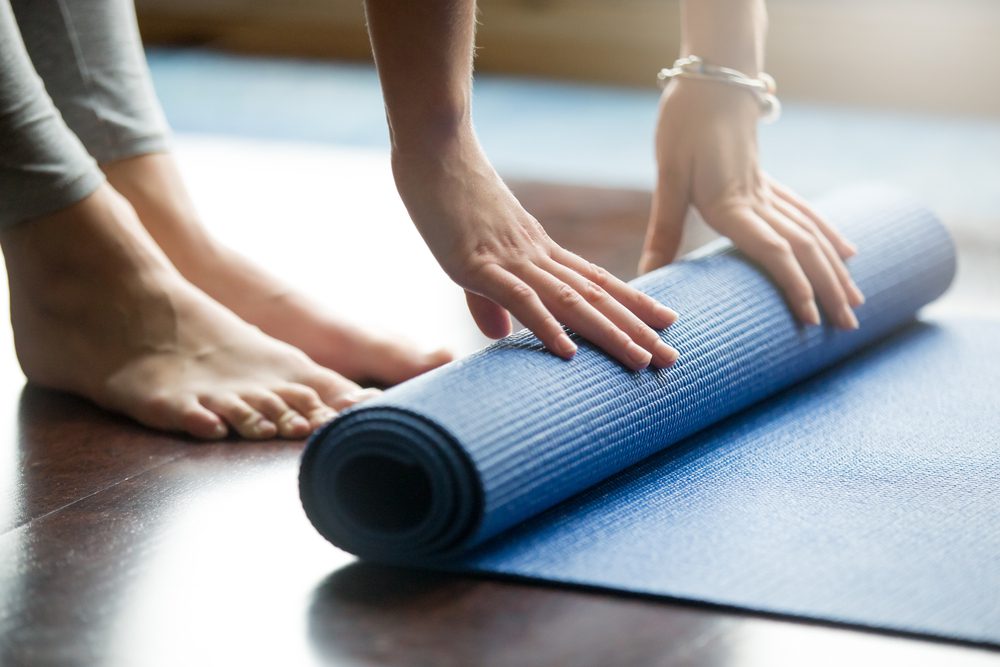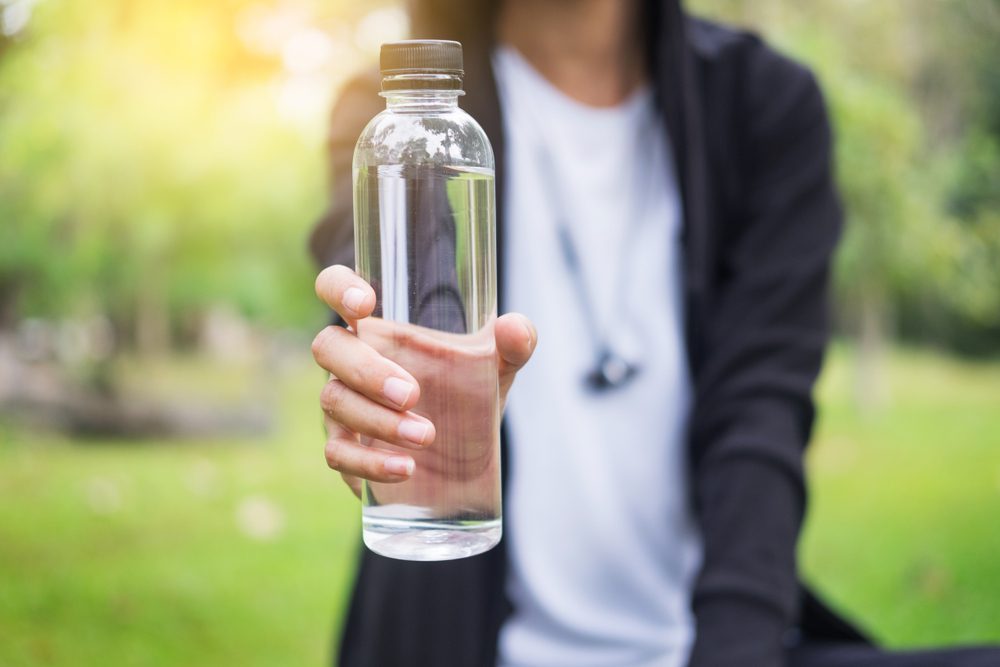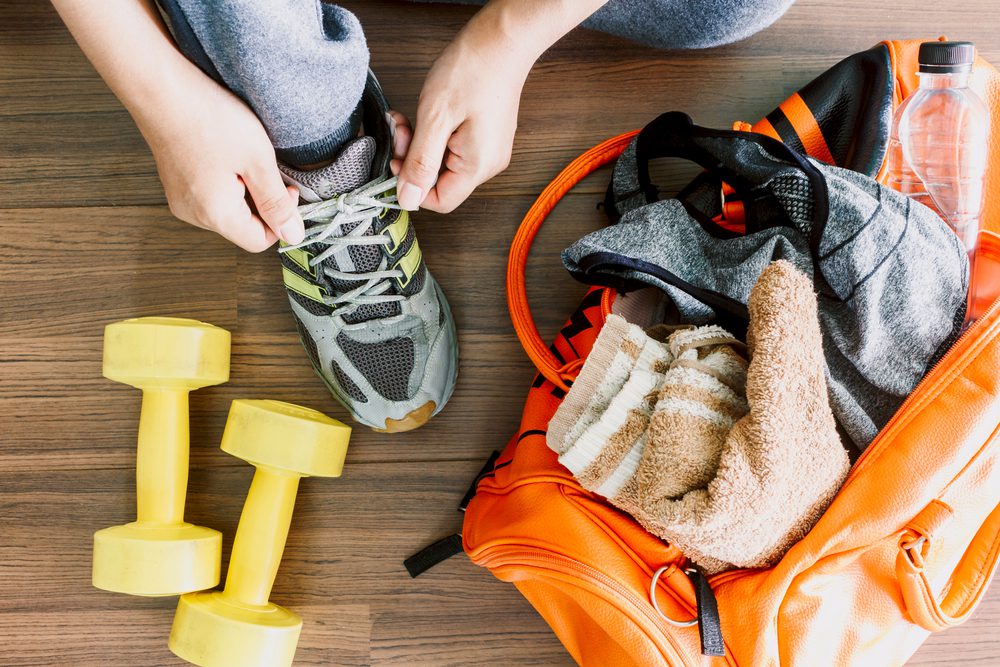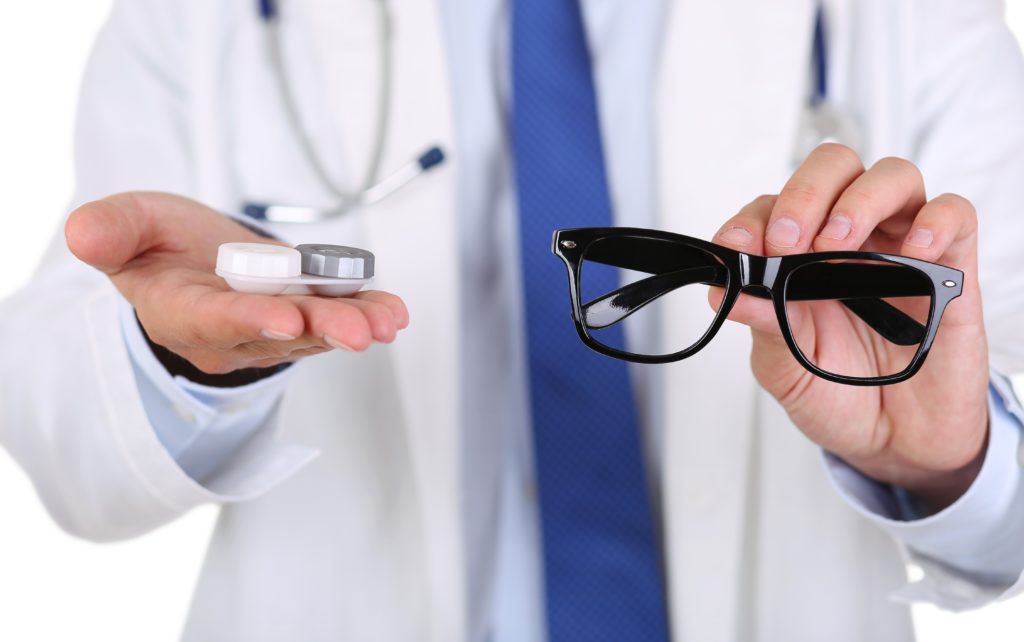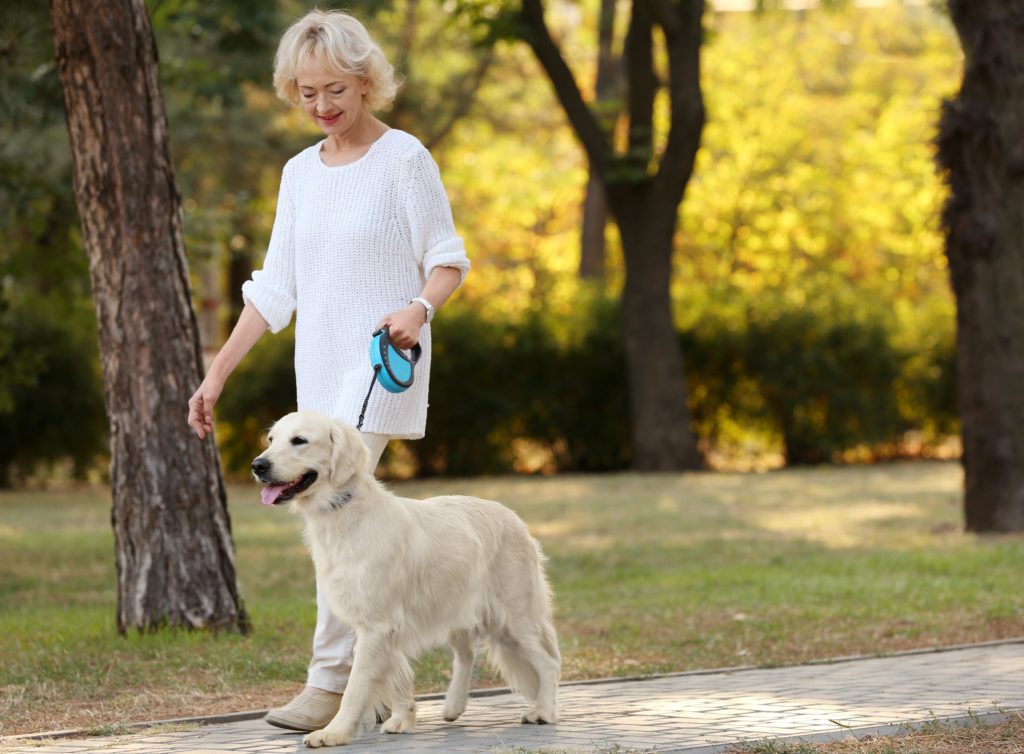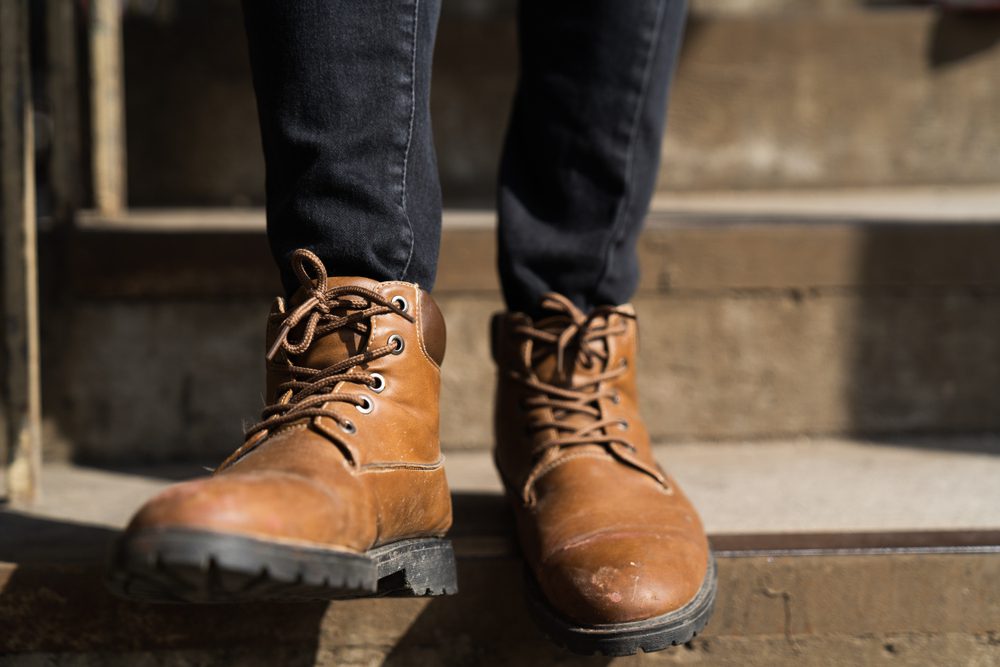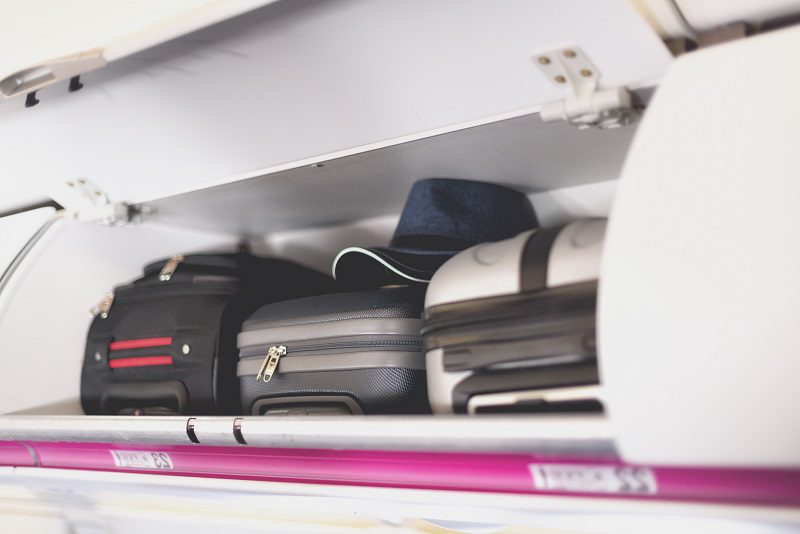Not to get you all worked up, but your personal items can carry all sorts of germs and bacteria that can damage your health. You will be shocked at what might be living on your phone, your handbag or water bottle.
Therefore, it’s essential that you take your time and clean your things properly, including items you might not consider germ-spreading. Read on to find out where germs gather the most and how to prevent or get rid of them as fast as possible!
Your phone
Your cell phone might get you in touch with more than just people. In a recent study carried out by University of Arizona microbiologist Charles Gerba, PhD, these devices are most of the times carrying all sorts of gross stuff, from fecal matter to MRSA, a bacterium that’s incredibly tough to treat.
“Sharing your phone can make the problem even worse,” he explains. “The bacteria that live on your skin probably won’t make you sick, but someone else’s just might if you rub your eye or eat before washing your hands.” What’s there to do? “Wipe your phone down with an alcohol-based towelette at least once a day,” recommends Dr. Gerba.
Your bag or backpack
No matter where you go, whether it’s the bathroom, restaurant or subway, you usually take your purse or backpack with you. Fast forward to the moment you get home and toss your bag onto the sofa or the kitchen counter.
While you’re in another room, changing into more comfortable clothes, all the germs your bag has picked up throughout the day will wait for you in the kitchen, where you’ll be preparing your dinner. How does a combination of E.coli and other germs sound like?
Reusable grocery bags
You’ve finally remembered to bring your grocery bags to the store. But before you start congratulating yourself, answer one simple question: when was the last time you cleaned it? If your answer is never, you’re not the only one. In fact, according to Dr. Gerba, only 3 percent of people wash their grocery bags regularly.
Here’s what can go wrong: “The meat leaks, you don’t notice, then back the bags go into your warm, dark trunk,” he says. “Two days later, you put a head of lettuce in the same bag. Now you’ve got the makings of salmonella salad.”
Luckily, you can solve this problem easily: you just have to put your bags into the washer or spray them down with a bleach-based cleanser after every use; and whatever you do, don’t put them on the kitchen counter!
Your child’s car seat
Sure, car seats keep your baby safe, but do you know what else they do? Dr. Gerba warns that they’re the perfect hideaway for mold, fecal bacteria, and other gross things.
“Kids touch their faces an average of 60 times an hour, meaning just about everything they touch goes into their eyes, nose, or mouth, which are the entry points for bacteria,” he explains. “Keep their seat clean and wipe their hands with sanitizer as soon as you get them out of the car.”
Your yoga mat
Having healthy habits such as eating right and working out can bring you lots of benefits. If you’re a fan of yoga, that’s even better because you can do it anywhere from a yoga studio to the park or the comfort of your own home.
All you need is a yoga mat. Unfortunately, a yoga mat is also what germs need to grow and multiply.
“You name it and you’ll find it on a floor,” says Philip Tierno, PhD, a microbiologist with NYU Langone Health. “When you roll up your yoga mat, anything it has picked up transfers from the floor to your hands and the other side of the mat.” What’s there to do? Don’t forget to disinfect your mat after every yoga session.
Water bottles
Are you a fan of plastic bottles? You might want to reconsider. Not only is plastic dangerous for the environment but it is also dangerous for your health. Dr. Tierno recommends switching to metal bottles because “metal can be inhibitory to bacterial growth”. “Plastic may allow microorganisms to adhere, build up, and create a biofilm, which encourages their growth.”
Sure, not all the bacteria in plastic bottles can cause illnesses but it’s better to take no chances and clean your bottles properly, scrub the inside with a bottle brush every day, particularly if it’s not only water you put in the bottle.
Gym clothes
No one likes sweaty workout clothes. Apart from smelling bad, they can also carry all sorts of pathogens such as rhinovirus and staph that you might have picked up from the gym. To make matters even worse, some people wear their workout clothes more than once before putting them in the washing machine.
“That time between washings not only gives the germs time to incubate but can also create an environment where mold can grow,” says Steven Fiester, PhD, a microbiologist with the University of South Carolina School of Medicine. “Get in the habit of washing your gym clothes after every workout.”
Contact lenses
According to scientists, most of the bacteria we come across are beneficial. However, when it comes to our eyes, it’s preferable to keep it crystal clear. That means those of us who wear contacts should take extra care in cleaning and maintaining them in an immaculate condition.
“Contacts may come out of the case sterile, but if you pop them into your eyes with a dirty finger you run the risk of everything from conjunctivitis to an infection of the cornea,” says William Schaffner, PhD, infectious disease and public health specialist at Vanderbilt Medical Center. “Keep your hands clean and you’ll be amazed at how healthy you’ll stay.”
Your dog’s leash
A walk in the park with your dog can be very relaxing. But the real “fun” part begins at home when you have to clean your dog’s paws and fur. Do you know what else you should clean? Its leash. A dog’s leash is practically dragged through everything, but most pet owners don’t give it much thought when it comes to keeping it germ-free.
More than that, “you have no idea what’s on the ground, so be safe and wash your hands when you return from walking your dog,” says Elizabeth Scott, PhD, a microbiologist and founder of the Simmons Center for Hygiene and Health in Home and Community. “On that same note, don’t let your dog lick your face. They spend a lot of time with their mouths in things you don’t want on your face.”
Your shoes
Give a woman the right shoes and she can conquer the world. However, in order to do that she would have to take care of her shoes and make sure they don’t jeopardize her health. That’s because nearly 96 percent of our shoes harbor legions of disease-carrying bacteria such as E. coli or fecal germs on the soles. If you don’t want to carry that deep into your home, you may want to leave your kicks at the door.
“Wash your hands after handling your shoes and be sure to use shoe bags when you pack a suitcase,” says Elizabeth Hirsch, assistant professor at the University of Minnesota College of Pharmacy. “The best defense against superbugs like MRSA—which can be resistant to antibiotics—is to use good hand hygiene and wash your hands often, especially after using public spaces or restrooms.”
Your suitcase
Like your shoes, your suitcase gets dragged across sidewalks, train stations, hotel lobbies, parking lots and other grubby places like airport bathrooms. You probably even grab the handle before you wash your hands.
“I always think about the handle when I’m in the bathroom at the airport,” says Dr. Hirsch. “Try to grab it with toilet paper and definitely wipe it down after every trip. It’s more about the ick factor than disease transmission, but I wash my hands after handling my suitcase.”

